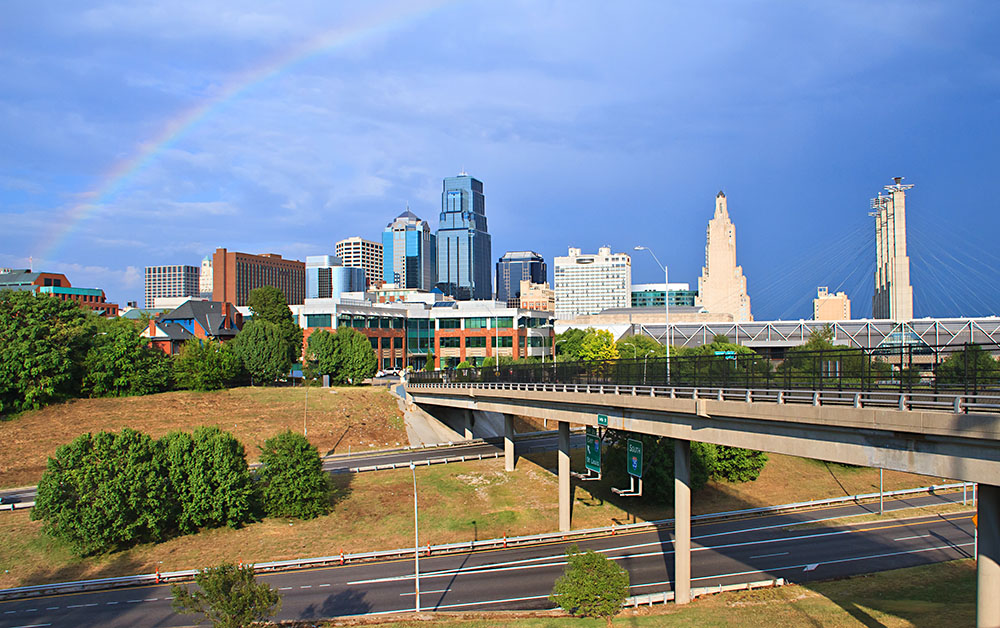The Kansas City economy seems to manage to reflect its geographical position – it usually ends up in the middle. Nationwide there has been significant growth in employment in the warehouse and logistics sector. There has been a 7.3% gain in jobs in this sector in the Kansas City area, but other comparable metro areas have seen faster growth (Denver, Cincinnati, Nashville, Minneapolis and others). The major growth for KC has been in the construction sector as there has been a 12.2% improvement (highest in the region).
Panasonic Plant Impact
The growth of the industrial sector has played a major role in this expansion and is expected to be even more significant in the coming years. The most important local project has been the new airport but down the road there will be attention focused on the $4 billion Panasonic facility and the ancillary development that will accompany this development.
In order for the region to address the employment needs of the industrial community there will have to be more migration into the area from outside. The estimates for the Panasonic development have been around 4,000 new workers and realistically many of these will have to come from outside the region – especially those with the needed skills and abilities. This creates a wave of demand for housing and other infrastructure. If these workers migrate to the region, they need a place to live, schools to send their children to, retail establishments, and all the attendant infrastructure that comes with development. This will stimulate more construction activity, and this also creates demand for workers as the KC area is not currently able to meet the needs of construction companies.
The expectation is that an operation such as the Panasonic facility will spur ancillary growth from vendors that need to be close to the operation. The experience will be similar to what Chattanooga, Tennessee experienced when Volkswagen moved to the area. Once the operation was in place there were over 50 companies moving to the city as they were there as vendors for the VW operation. The city dramatically increased in size with the arrival of the plant (from around 300,000 to over 400,000). The expectation is that KC will see similar growth as the plant gets established.
Reshoring
The KC area is well positioned to take advantage of the desire to reshore (relocating sourcing and manufacturing to the US from current overseas sourcing). In the last year there has been a complete re-think on the part of supply chain managers with upwards of 90% asserting they are prepared to shift at least a portion of their supply chain away from overseas sourcing and production.
Obviously, some of this shift will simply be from one overseas location to another (from China to Vietnam for example), but there has been $113 billion of reshoring to the US in just this year and that is a trend that is expected to accelerate into the coming decade with more than $2 trillion likely to be spent over that time.
The advantage for the KC area lies in transportation and overall costs of production. The merger of Kansas City Southern and Canadian Pacific will create a true north-south corridor that runs through KC, linking Vancouver with southern Mexico and everything in between. The railyards here are already the second largest in the country and will grow. Taxes are relatively low and overall cost of operations are low (as compared to other cities in the region).
The real estate team at MarksNelson is staying on top of the latest news and trends to best help developers as they seize a wave of new opportunity in the KC region. Curious what our team can do for you? Give us a call.
